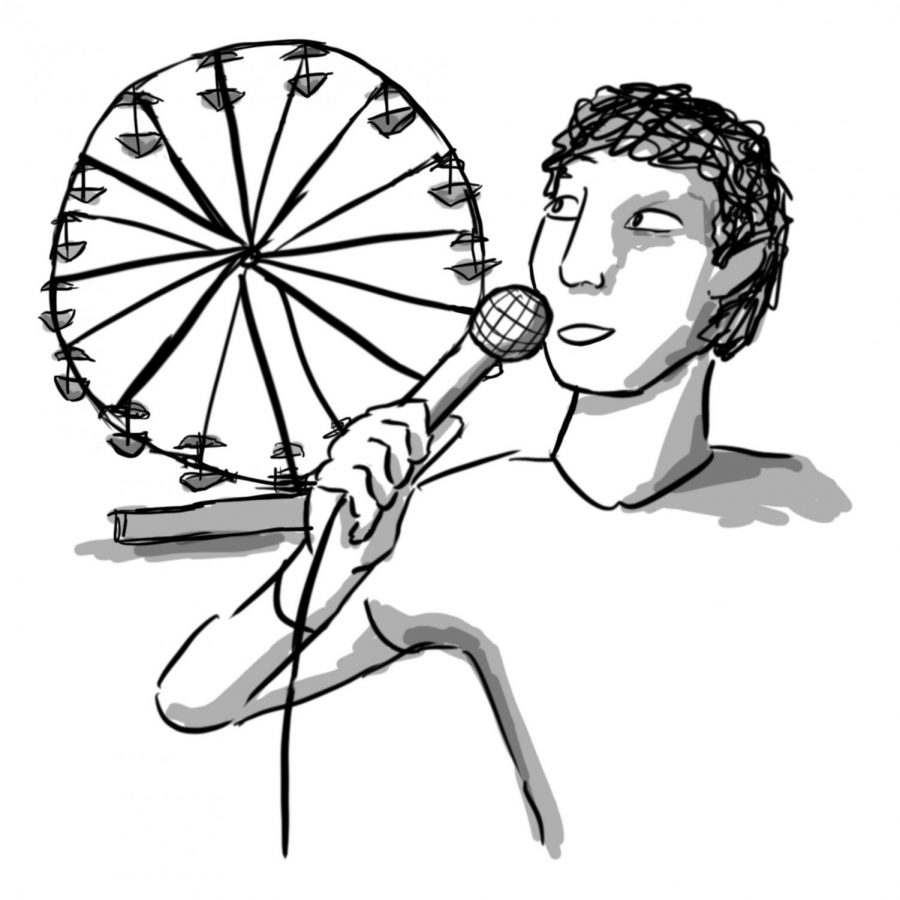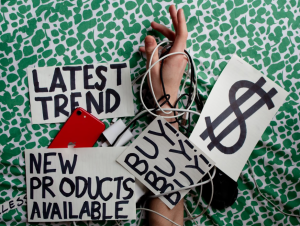Boston Calling Lineup Receives Backlash From Young Fans
Teenagers Want More of Their Favorite Artists Represented
The Boston Calling Festival released the lineup for its 2020 event on January 28th.
March 23, 2020
Boston Calling, a music festival based in Boston, is known for its wide selection of artists that attract concertgoers of all backgrounds. Located at the Harvard Stadium in Allston, it is the most popular music festival in the Boston area. The full 2020 Boston Calling lineup was revealed on January 28th, leaving many younger concertgoers, including myself, feeling perplexed.
The headliners were announced in mid-November—the Foo Fighters, Rage Against the Machine, and Red Hot Chilli Peppers will all perform at 2020’s Boston Calling. While all these bands are household names in the rock genre, it is notable that collectively, they have not produced a hit single in over a decade. This is especially confounding when considering previous and more contemporary headliners such as Travis Scott, Kendrick Lamar, and Lorde. It’s as if the festival’s executives have completely switched their target audience at the last minute, choosing headliners who appeal to older audiences—an eyebrow-raising move for a festival that is located in the center of several college campuses and has made much of its revenue from young adults coming to see their favorite artists.
Ada Carter ’22 said that she preferred last year’s lineup to this one, saying last year’s lineup was “really good and catered to a lot of different groups of people.” Similarly, Chloe Duncan-Wald ’22 compared last year’s lineup to this year’s, saying the former “hit the nail on the head with Tame Impala and Travis Scott, very current artists with a lot of relevancy.” Duncan-Wald went on to point out that focusing explicitly on the rock genre may hurt ticket sales rather than drive them. Boston is a melting pot when it comes to music and cannot be held down to a single genre—one of the main reasons Boston Calling had been a popular destination in the past. A 2017 Nielson report found that rap had surpassed rock as America’s most consumed musical genre, which makes this year’s setlist feel a little outdated, with virtually no hip-hop artists featured.
Natasha Serfaty ’21 said she wouldn’t go out of her way to purchase a ticket this year, saying, “For its price, the festival should feature more current big-name artists.” The general admission for a single day is $149, with the 3-day platinum ticket—the highest available tier—being $1,999. While these prices are relatively common for a music festival, they have noticeably spiked from last year’s single-day general admission of $99. Jocelyn Beecher ’21 also cited her disappointment with the lineup, saying, “there are a few artists I would be excited to see.” She went on to say, “I’m not sure yet if I’ll be going this year, just because the lineup doesn’t excite me as much as those of years in the past.” All in all, Boston Calling’s lukewarm public reception is putting it on the road for a potential setback in its generally acclaimed history.










